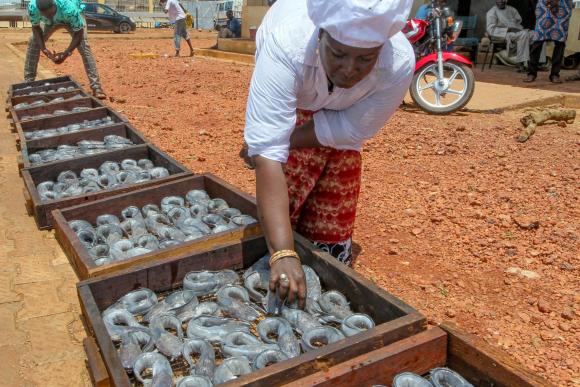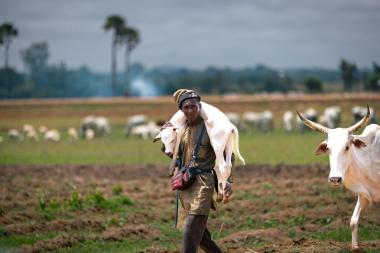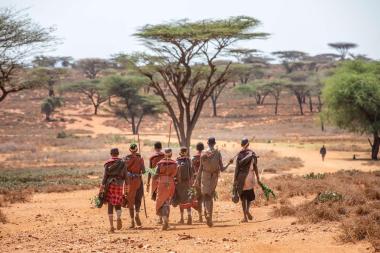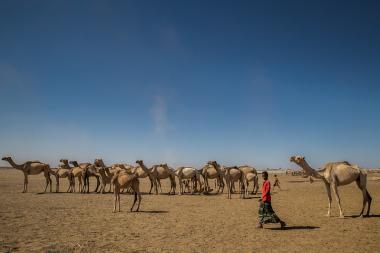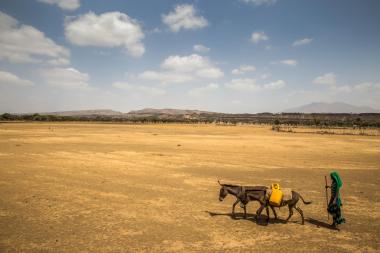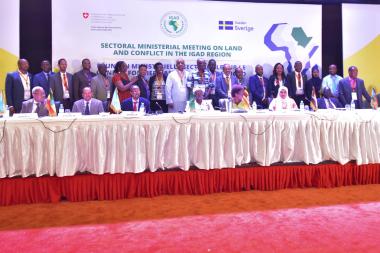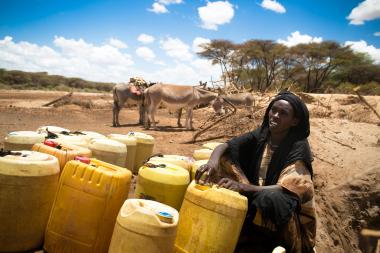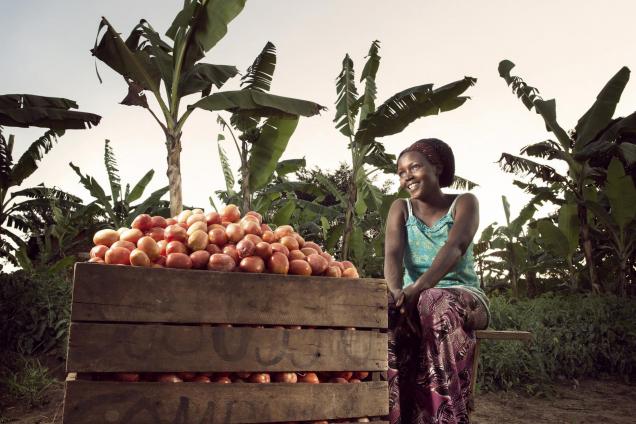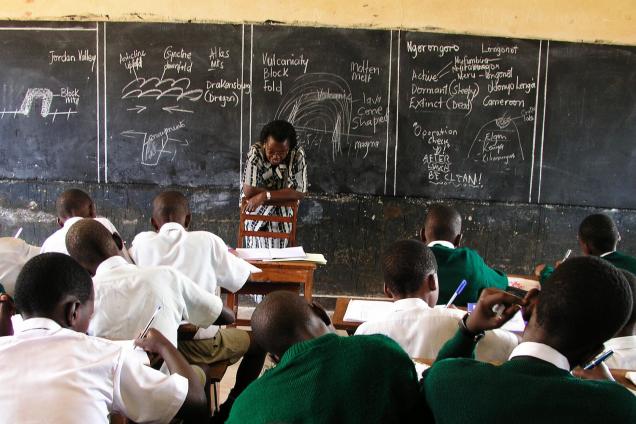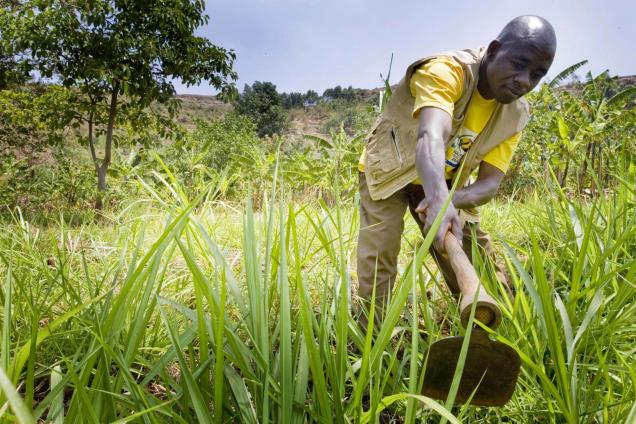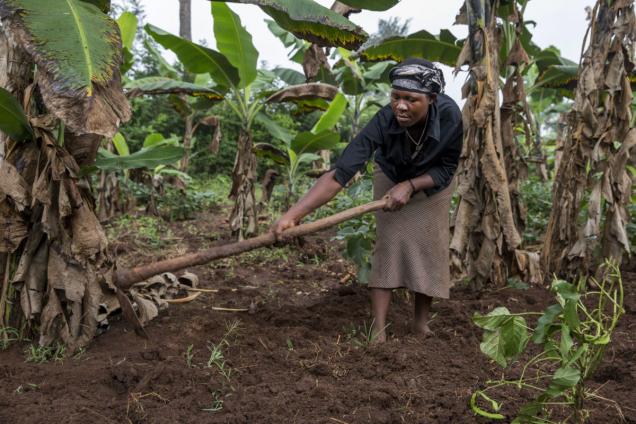Uganda
Africa
Uganda has a population of almost 43 million people. Around 70 per cent of working Ugandans are employed in agriculture, a sector which contributes 25 per cent to GDP. Almost 6 out of 10 families in the country depend on livestock for their livelihoods. Rangelands cover almost half of Uganda - areas that are mainly home to pastoral communities. 11 per cent of the country’s population is between 15 and 19.
